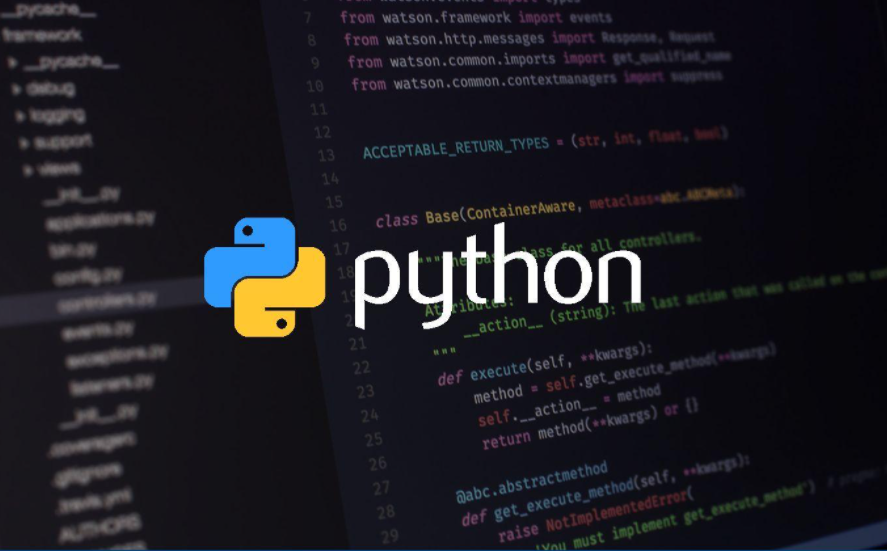Python 编程中 while 语句用于循环执行程序,即在某条件下,循环执行某段程序,以处理需要重复处理的相同任务。其基本形式为:
while 判断条件: 执行语句……
执行语句可以是单个语句或语句块。判断条件可以是任何表达式,任何非零、或非空(null)的值均为true。
当判断条件假false时,循环结束。
执行流程图如下:

实例:
#!/usr/bin/python count = 0 while (count < 9): print 'The count is:', count count = count + 1 print "Good bye!"
以上代码执行输出结果:
The count is: 0 The count is: 1 The count is: 2 The count is: 3 The count is: 4 The count is: 5 The count is: 6 The count is: 7 The count is: 8 Good bye!
while 语句时还有另外两个重要的命令 continue,break 来跳过循环,continue 用于跳过该次循环,break 则是用于退出循环,此外"判断条件"还可以是个常值,表示循环必定成立,具体用法如下:
# continue 和 break 用法 i = 1 while i < 10: i += 1 if i%2 > 0: # 非双数时跳过输出 continue print i # 输出双数2、4、6、8、10 i = 1 while 1: # 循环条件为1必定成立 print i # 输出1~10 i += 1 if i > 10: # 当i大于10时跳出循环 break
无限循环
如果条件判断语句永远为 true,循环将会无限的执行下去,如下实例:
#!/usr/bin/python # -*- coding: UTF-8 -*- var = 1 while var == 1 : # 该条件永远为true,循环将无限执行下去 num = raw_input("Enter a number :") print "You entered: ", num print "Good bye!"
以上实例输出结果:
Enter a number :20 You entered: 20 Enter a number :29 You entered: 29 Enter a number :3 You entered: 3 Enter a number between :Traceback (most recent call last): File "test.py", line 5, in <module> num = raw_input("Enter a number :") KeyboardInterrupt
注意:以上的无限循环你可以使用 CTRL+C 来中断循环。
循环使用 else 语句
在 python 中,for … else 表示这样的意思,for 中的语句和普通的没有区别,else 中的语句会在循环正常执行完(即 for 不是通过 break 跳出而中断的)的情况下执行,while … else 也是一样。
#!/usr/bin/python count = 0 while count < 5: print count, " is less than 5" count = count + 1 else: print count, " is not less than 5"
以上实例输出结果为:
0 is less than 5 1 is less than 5 2 is less than 5 3 is less than 5 4 is less than 5 5 is not less than 5
简单语句组
类似if语句的语法,如果你的while循环体中只有一条语句,你可以将该语句与while写在同一行中, 如下所示:
#!/usr/bin/python flag = 1 while (flag): print 'Given flag is really true!' print "Good bye!"
注意:以上的无限循环你可以使用 CTRL+C 来中断循环。
标签:













